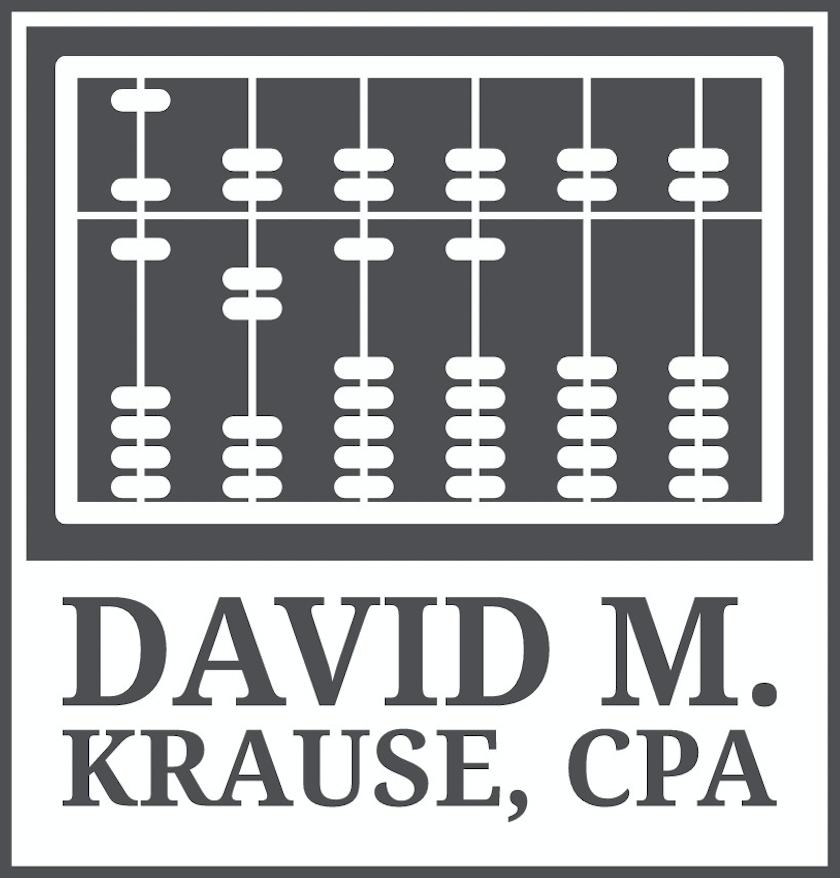Market Flashcards
Welcome to the Schmoozeletter Blog. Your source for weekly water cooler wisecracks from the world of finance. If you have an opinion different than mine or a topic you want to hear about, let me know!
This week, the nerd convention was in Vegas. The most market moving piece of information was that Geek God Jensen Huang, the CEO of Nvidia, took a big ol' dump all over quantum computing.
“If you kind of said 15 years for very useful quantum computers, that would probably be on the early side,” Huang said.
That quote right there single-handedly destroyed what was the most hyped-up sector of the past month.
Quantum stocks had been running like crazy since Google dropped their Willow chip, which can compute forty trillion light-years of gigahertz or something. That all changed on Wednesday morning.
Quantum-now-has-been IONQ Inc. hit highs of over $54 a share Tuesday. By midday Wednesday, it had dropped 50% to $26.
When The Jensenator talks, Mr. Market listens.
But the biggest news of the week was:
STRONG EMPLOYMENT DATA TANKED THE MARKET
That’s right. If your portfolio and your precious crypto fell off a cliff Tuesday afternoon and again Friday morning, it’s because of:
STRONG EMPLOYMENT DATA
Now, you might be thinking: isn’t employment good? Don’t we want people to have jobs? What kind of sick, twisted scoundrel wants people to be unemployed?
A tagline for an asshole, sure.
But how can strong employment be bad for the market?
Bust out the index cards; it’s time for:
There are a million factors at play in the economy, so these aren’t perfect, 100%-correlated, flip-the-switch, cause-and-effect relationships. But this is the gist:
The people who decide whether to raise or lower interest rates are the Federal Reserve, the central bank of the United States. We want low unemployment, so the maximum number of people have jobs. But at the same time, we want low inflation, so people can afford things.
This is a tough job because, as you know from previous notecards, changing the rate has a positive effect on one variable but a negative effect on the other. It is a see-saw act to keep everything in perfect balance.
So the reason the market sold off was because of:
STRONG EMPLOYMENT DATA
Let’s see if you got your flashcards down:
Low unemployment = no reason to cut rates.
Sticky high inflation = more likely to raise rates (or keep them the same).
Raising rates (or keeping them the same when expecting a cut) = market goes down.
And there you have it.
You are now an expert.
Feel free to review these notecards before giving any speeches to the nation about the state of the economy.
The newly convicted felon getting ready to lead our nation had this to say Tuesday:
“Inflation is continuing to rage, and interest rates are far too high.”
Wait a sec there, Mr. Pres. What do we do if inflation continues to rage? (Feel free to scroll up.) Do you have some type of magic proposal, like we can eat whatever we want and still lose weight? Or are you just doing your usual mudslinging that everything is bad because of everybody who isn’t you?
Now the way I see it, the soon-to-be leader of the free world either:
a. Does not know these basic flashcard principles.
or
b. Does know but doesn’t care so he can talk his shit.
But I guess that is his appeal. “Old Donny can get up there and talk shit with the best of them!” People seem to love that.
But as someone who writes a newsletter calling out bullshit in the finance industry, listening to him speak makes my head want to explode.
But anyway, I guess it’s not that big a deal. I’m probably overreacting.
I guess this shouldn’t be a dealbreaker to be president. I guess the only requirement that really matters is that when push comes to shove, you put your country first.
Final Thought
Happy anniversary.













